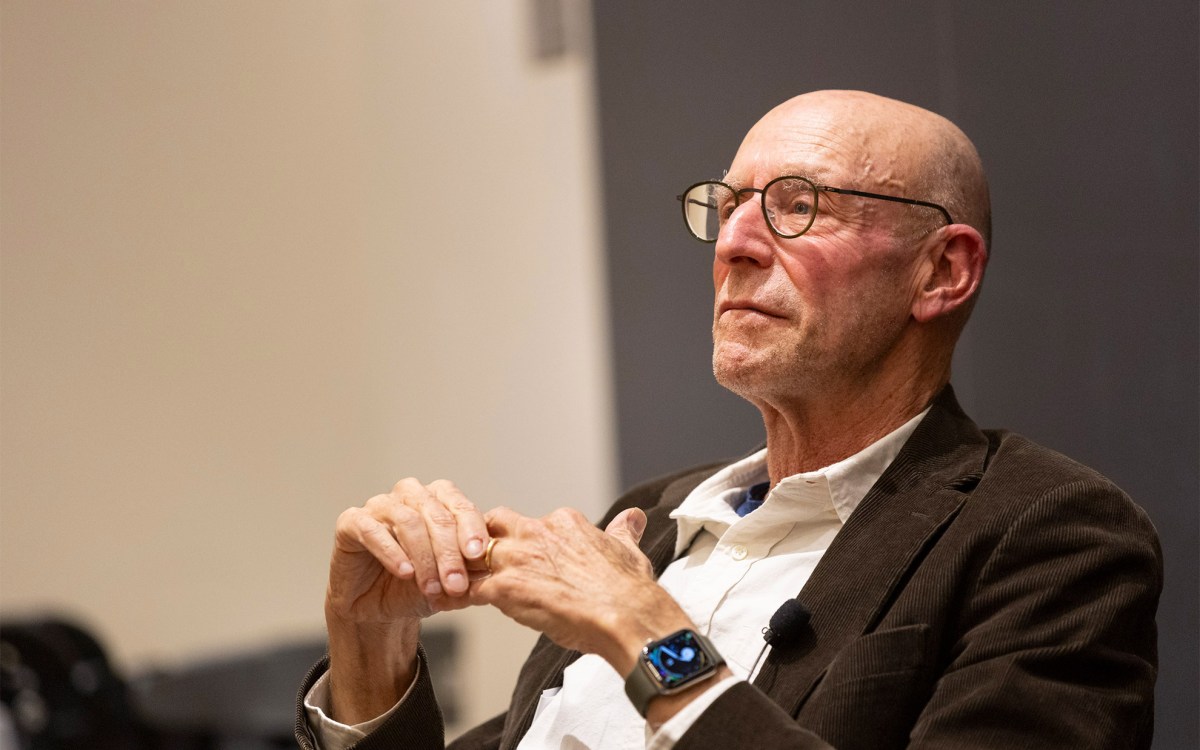Monsters, tooth fairies and germs!
Even pre-schoolers know when you’re lying
Harvard Graduate School of Education Professor Paul Harris argues that children as young as preschool age can discern whether or not they’re hearing the truth, even in a domain for which they have no previous knowledge, by accurately judging the reliability of the person who’s telling them. “Particularly among 4-year-olds, but also among 3-year-olds, they’re selective,” he says. “They come to trust somebody who seems to tell the truth, and to mistrust somebody who’s not.” In collaboration with two postdoctoral fellows, Melissa Koenig and Fabrice Clément, Harris created experiments in which a pair of speakers – people in one case, puppets in another – presented various claims to the 3- and 4-year-olds. First, the speakers showed the children familiar objects, such as a shoe, a cup, and a spoon. One speaker identified them accurately; the second speaker misidentified them. The speakers then showed the children an unfamiliar object – an obscure geegaw from a hardware store. The first speaker, who had correctly named the shoe, cup, and spoon, called it a “modi.” The second speaker, who had wrongly identified these familiar items, called this new item a “toma.” The majority of the children accepted the name given to them by the speaker who they knew to tell the truth.





